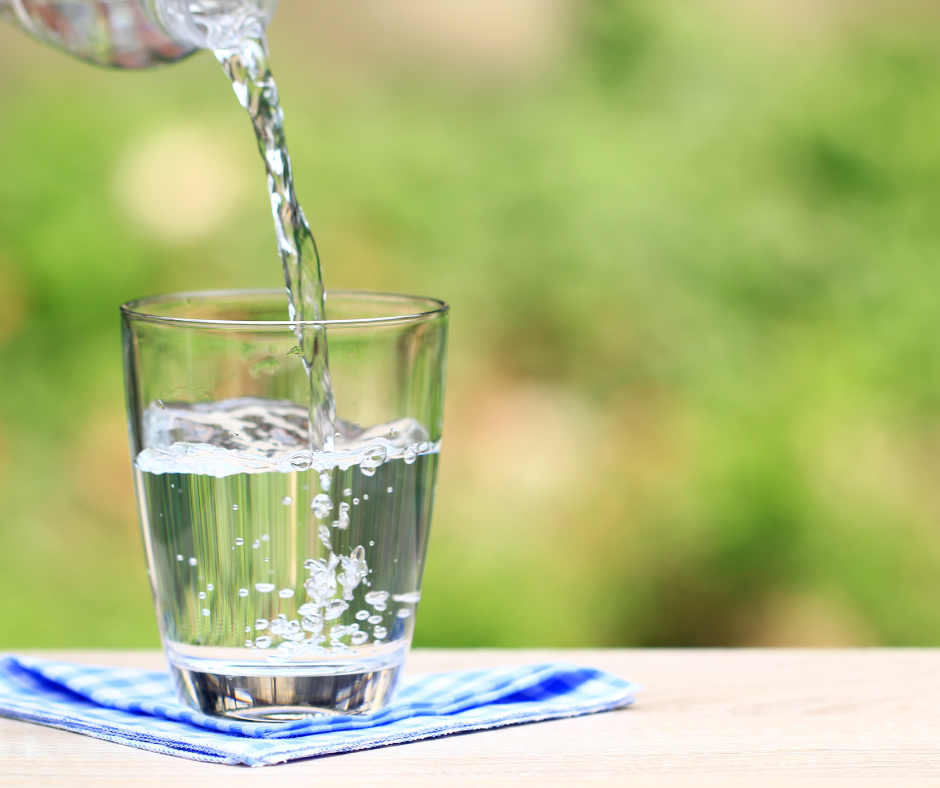Healthy Drinks for Children: What to Serve (and Avoid) at Every Age

A recent panel from experts from the Academy of Nutrition and Dietetics, the AAP, the American Academy of Pediatric Dentistry and the American Heart Association recently gave some advice for parents. The panel cautioned against giving kids flavored milks — like chocolate or strawberry — sugar-sweetened and low-calorie sweetened beverages, caffeinated beverages and plant-based, non dairy milks like almond, rice or oat. This suggestion comes from reviews of approximately 50 existing reports on childhood beverage consumption. They also came out with the following guidelines for liquid consumption by age.
Here’s your easy-to-follow guide by age group, covering everything from breastmilk and water to flavored milks and plant-based alternatives.
Infants (0–6 Months)
What to Give:
- Breast milk or infant formula only. These provide all the hydration and nutrition your baby needs.
What to Avoid:
- Water, juice, milk, and plant-based milk alternatives.
- Sugar-sweetened or flavored beverages of any kind.
Babies (6–12 Months)
What to Give:
- Continue breast milk or infant formula as the main source of nutrition.
- Offer ½ to 1 cup of plain, fluoridated water per day in a cup during meals.
What to Avoid:
- Cow’s milk
- 100% fruit juice
- Flavored or sweetened drinks
- Plant-based milks (unless medically indicated)
Toddlers (1–2 Years)
What to Give:
- Whole milk: 2 to 3 cups per day
- Water: 1 to 4 cups per day
- Introduce small amounts of 100% fruit juice if desired (but no more than 4 ounces/day)
What to Avoid:
- Flavored milks (e.g., chocolate or strawberry)
- Plant-based milk (except fortified soy, if needed for allergy or dietary reasons)
- Sugar-sweetened drinks
- Caffeinated or diet beverages
Preschoolers (2–5 Years)
What to Give:
- Low-fat or fat-free milk: Up to 2 cups per day (2–3 years) and up to 2.5 cups (4–5 years)
- Water: 1.5 to 5 cups per day depending on age
- Limit 100% fruit juice to:
- 1–3 years: 4 oz/day max
- 4–5 years: 4–6 oz/day max
What to Avoid:
- Flavored milks and sugary drinks
- Non-nutritive sweeteners
- Caffeinated drinks
- Excessive fruit juice
School-Aged Kids & Teens (5–18 Years)
What to Give:
- Water: Daily needs increase with age and activity:
- 5–8 years: 16–40 oz/day
- 9–13 years: 22–61 oz/day
- 14–18 years: 29–88 oz/day
- Low-fat or fat-free milk:
- 5–8 years: Up to 20 oz/day
- 9–18 years: Up to 24 oz/day
- 100% juice limits:
- 5–8 years: 4–6 oz/day
- 9–13 years: 6–8 oz/day
- 14–18 years: Less than 8 oz/day
What to Avoid:
- Flavored milks (major source of added sugar in school meals)
- Plant-based milk alternatives (unless medically needed; fortified soy is the exception)
- Sodas, energy drinks, and sweetened teas
- Beverages with low-calorie or no-calorie sweeteners
- Caffeinated drinks
Why It Matters
From the very first bottle to the teen years, what your child drinks plays a big role in their overall health. Kids begin developing taste preferences as early as 9 months old. What they drink now can shape their habits—and their health—for years to come. Too many sugary, flavored, or artificially sweetened drinks in early childhood increase the risk of obesity, cavities, and poor nutrition. By sticking with water and milk and keeping sugar and additives to a minimum, you’re setting your child up for a healthier future.
For questions, to book an appointment, or any other concerns, Augusta Pediatrics can be reached at (706) 868-0389. The information on this site is not intended or implied to be a substitute for professional medical advice, diagnosis or treatment. All content, including text, graphics, images and information, contained on or available through this web site is for general information purposes only.

Leave a Reply